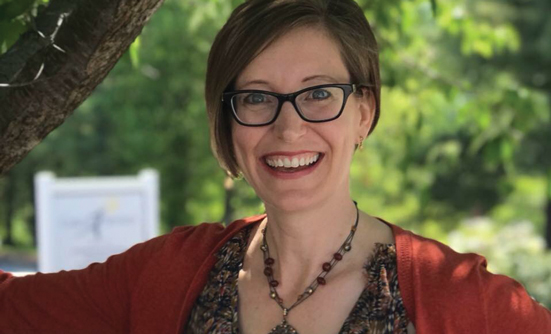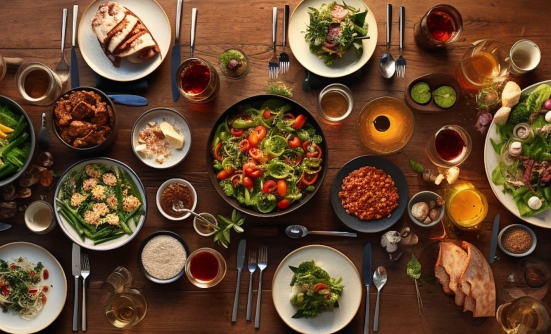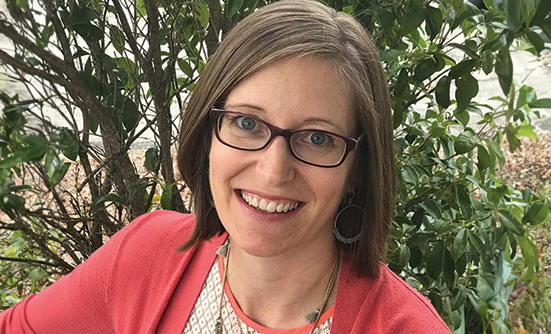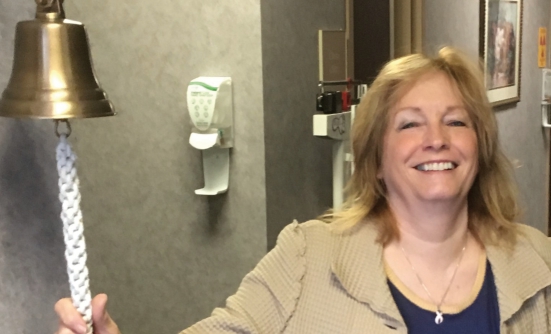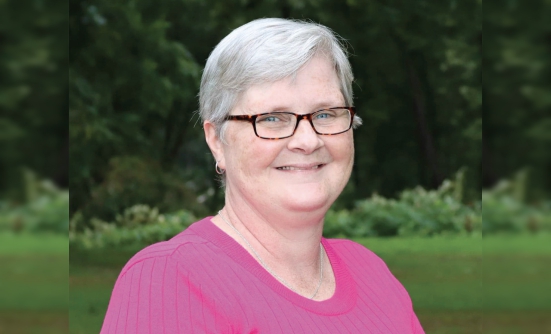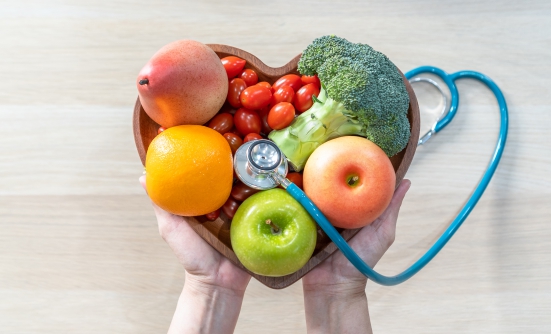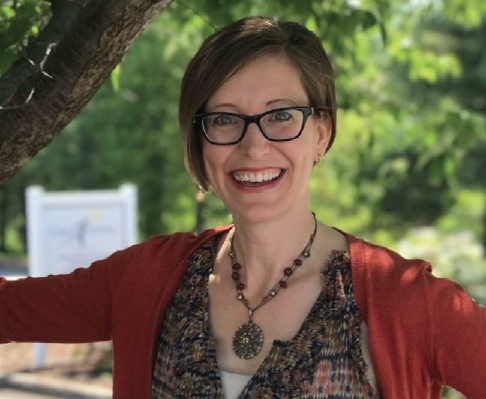
It is common for the patients with cancer I see to ask me what they should eat to keep the cancer from growing further or from coming back. My first response is that there is not one food or one nutrient that can prevent or cure cancer.
Nevertheless, although eating healthy cannot cure cancer, nutrition does play a very important role for people during and after cancer treatment. It helps to support the body to stay as healthy as possible while receiving cancer therapies to treat the tumor.
Nutrition Strategy
The best nutrition strategy depends on what side effects from the treatment you are dealing with. The Table provides tips on getting good nutrition when it’s hard to eat. If you are not having any side effects that make it hard to eat, then I recommend eating a healthy diet and being physically active to maintain muscle mass during treatment.
For those who have completed treatment, the advice is the same. You should eat a healthy diet and focus on building muscle through physical activity. But eating a “healthy diet” is such a vague recommendation. Most cancer survivors I work with want to know—what exactly does that mean?
Table. Tips for Meeting Nutrition Needs When You Don’t Feel Like Eating
- Eat 5-6 small meals a day to get your nutrients without
getting tired from eating a large meal
- I recommend that you eat something within an hour of waking up and also a meal or snack every 2-3 hours throughout the day
- Set an alarm and make sure your naps do not push your meals/snacks too far apart
- Keep high-calorie, high-protein snacks on hand
- These will be essential for you to have something quick and simple to grab and eat when you don’t have the energy or interest in making food
- For a list of protein foods, check out www.cancerdietitian.wordpress.com/protein
- Ask for help from a friend or a family member to have snacks and meals ready to go
- Use nutrition drinks like Ensure, Carnation Instant Breakfast,
and Boost, or make your own, to get in nutrients, calories,
and protein
- Find recipes for using nutrition drinks on the Cancer Dietitian YouTube channel
- If approved by your doctor, try light exercise to increase your level of hunger and appetite
What Foods Should I Eat More?
In one word—plants!
A nutrient-dense diet is high in a variety of nutrients, and it should include plenty of plant nutrients called phytonutrients. “Phyto” means plant. This is the reason that across the board, cancer organizations are recommending a plant-based diet as part of any survivorship plan. A plant-based diet means that you eat mostly plant foods and, if you choose, moderate amounts of meat and dairy.
Plant nutrients have many benefits. In fact, foods are the best way to get proper nutrition, because they contain a combination of nutrients that the body needs. Getting nutrients through a combination of different foods is more effective than eating a lot of one type of food.
For example, you would get more benefit from eating a meal containing kale, sweet potato, brown rice, black beans, and strawberries than you would from drinking a protein shake and some carrot juice. That’s because you need all the different nutrients that you get in whole foods rather than just the juice.
Imagine what it would look like if you took each and every individual nutrient out of the carrot and put it in a pill. It would look like a carrot! We don’t want to pick out just 1 or 2 parts of the plant to consume, because then we would miss out on all the other great nutrients that were left behind.
Supplements
You should also know that the American Institute for Cancer Research (or AICR) does not recommend taking supplements for cancer prevention; instead, AICR recommends that you “aim to meet nutritional needs with diet alone.”
There is nothing wrong with taking a daily multivitamin, or taking a supplement to address a diagnosed nutrient deficiency. However, this should be something that is monitored by your medical team.
It’s also important to know that high doses of some nutrients found in supplements have been shown to be harmful. Always discuss your supplement use with your doctor, nurse navigator, or registered dietitian.
In short, your body prefers to get nutrition from food, not from pills, powders, juices, extracts, or syrups!
Common Plant Nutrients: EAT THE RAINBOW
There are more than 1,000 phytonutrients discovered so far, and more will continue to be discovered. Some of the more common phytonutrients known today are:



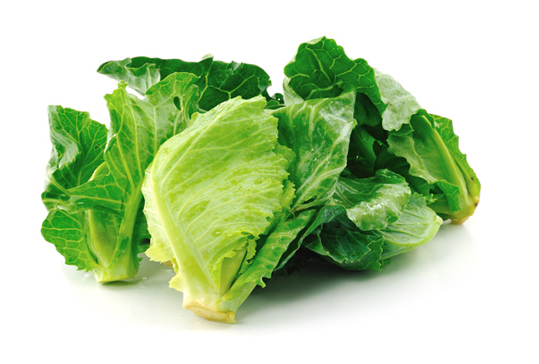
- Beta-carotene
(found in carrots, sweet potato, winter squash) - Lycopene
(found in tomatoes, watermelon, pink grapefruit) - Isoflavones
(found mainly in soy foods, such as edamame, soy nuts, tofu) - Leutein
(found in dark green leafy vegetables, corn, kiwi)
The color of the plant foods you eat can give you an indication of the type of phytochemicals that it has, and that is why we are often encouraging people to “eat the rainbow!”
Basically, the more phytonutrients you get in your day, the better. Every time you eat or drink something, you can choose to include phytonutrients. Think of it as “choose your own adventure.”
3 Tips on How to Include More Phytonutrients in Your Day
- Every meal should have a fruit, vegetable, or both. Most people don’t like veggies at breakfast, so be sure to get fruit, preferably 1 cup of fresh or frozen fruit, at breakfast. If you don’t have fresh fruit around, a good backup plan would be dried, canned (in its own juice), or 100% fruit juice. Lunch and dinner should have at least 1 cup of vegetables. If you don’t have vegetables at lunch, you probably won’t meet your daily intake of fruits and vegetables.
- Make sure that 1/2 of your plate is covered in fruits and/or vegetables, 1/4 of your plate with whole grains, and 1/4 with protein (bonus points if your protein comes from a plant, such as legumes, tofu, nuts, or seeds).
- Have fruit with, or for, dessert. Fresh, frozen, or baked a la mode.
Another important thing to remember is that a nutritious diet does not need to be a perfect diet. If you are eating lots of phytonutrients on most days (5-6 days a week), then your body can handle those 1 to 2 days a week that don’t quite add up.
The bottom line is what your mom always said—“eat your vegetables”!
Key Points
- Eat more fruits and vegetables! Each meal should have fruit, vegetables, or both
- In addition to a healthy diet, physical activity, exercise, and muscle building are vital to staying healthy
- Getting nutrients as a combination of different foods is more effective than eating a lot of one type of food
- Ask your medical team if you, or your loved one, should take a multivitamin or a supplement for a diagnosed nutrient deficiency
- Remember, your body prefers to get nutrition from food, not from pills, powders, juices, extracts, or syrups
- Lunch and dinner should have at least 1 cup of vegetables
Patient Resources
American Institute for Cancer Research
www.aicr.org/foods-that-fight-cancer
Cancer Dietitian
www.cancerdietitian.com
Cook for Your Life
www.cookforyourlife.org
Cookbook: Eating Well Through Cancer
By Holly Clegg (available at Amazon)
Recipes for treatment-related nutrition challenges and survivorship





